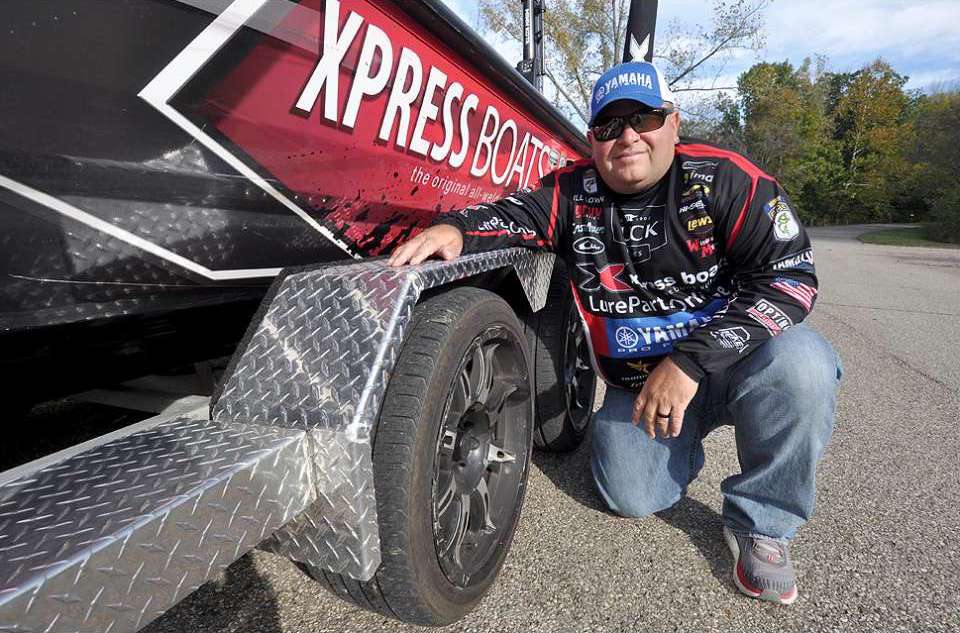
Many of us are forced to store our boats for long periods of time over the winter. Do it right and they’ll perform like a fine watch come spring. Do it wrong, or neglect it entirely, and you’ll have a big repair bill or a ruined trip come spring.
We’ve put a few tips that’ll help with proper storage into three parts. The first deals with your hull and trailer. The second deals with your motor. And, last but nowhere near the least, we’ll talk about your fuel system.
Wash it down
Whenever possible it’s best to wash your rig before you store it for the winter. You can do that the old-fashioned way with a garden hose, soap and a brush, or you can use a spray wax and cleaner on it. Either way, cover everything with a spray wax or shine before you store it. That’ll keep dirt, dust and grime from sticking to it.
If you have trouble removing water spots, a combination of white vinegar and water will work miracles. Let it sit on the spots for a few minutes and then rub hard with a cloth.
Once all the cleaning is complete dry it as best you can. Believe it or not a leaf blower works great for this. It’ll blow the water out of tight places so they don’t freeze over the winter.
Put a thin layer of grease or oil on anything that moves — locker lid hinges, your jack, trolling motor and whatever’s back by your outboard. Do this with plastic pieces as well as metal pieces. They get dirty and stick, too.
Deter critters
Make sure you remove any plastic baits from your boat along with any leftover food. Mice like food and they love scented plastics. Once you’ve done that thoroughly vacuum the carpet. After that, it’s time to break out the moth balls.
There’s almost nothing that’ll keep bugs and spiders, as well as most mice, out of your boat like old-fashioned, nasty smelling moth balls. The easy way to put them in the boat is to cut the feet out of old pantyhose, put a handful down in the foot part and then tie the leg closed with a simple overhand knot. A dozen or so will be enough for most bass boats.
Cover the boat with your cover or a tarp and the smell will last for months inside it. When spring arrives discard the hose in the trash. The smell will disappear in a few hours once you open it up.
One other thing: When you park your rig you might want to put a few more around the jack, the wheels and under the motor. That discourages most critters from even trying to get in.
Along with the moth balls you’ll want to close the drain plug and your livewell intake. They offer easy access to critters you don’t want around. Throw your breakers, and your hull and trailer are in good shape.
Battery maintenance
The only other thing you want to consider while winterizing your hull and trailer is proper battery storage. This gets complicated. There’s no such thing as general advice because there are several different types of batteries, and they all have different storage requirements.
Industry experts suggest you check the internet for specific instructions concerning your make and model, and they emphasize that you should follow them to the letter. Take battery maintenance seriously. Batteries can cause serious, and expensive, problems if they’re neglected.
This sounds like a lot of work when you read about it, but in truth, everything here can be done on a long Saturday afternoon. It’s time well spent.
Editor’s note: More on winterizing – The fuel system; The motor




